Charles-Antoine Campion, italianized as Carlo Antonio Campioni was a French-Italian composer who was born in Lorraine, France. He was a prolific composer and represented a link between Baroque compositional methods and those of the Classical style.
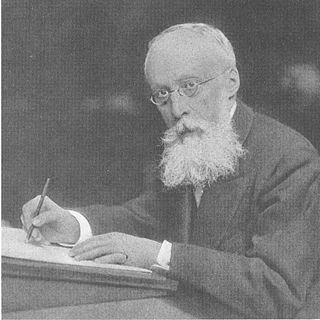
Arturo Graf, was an Italian poet and literary critic.
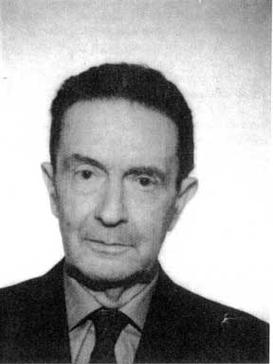
Sebastiano Timpanaro was an Italian classical philologist, essayist, and literary critic. He was also a long-time Marxist who made important contributions to left-wing political causes. He was an atheist.
Giulio Quirino Giglioli was an art historian of classical Roman and Etruscan art and was associated with Fascism in Italy.
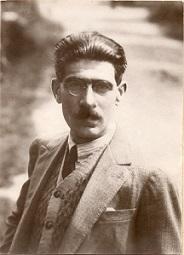
Giorgio Levi Della Vida was an Italian Jewish linguist whose expertise lay in Hebrew, Arabic, and other Semitic languages, as well as on the history and culture of the Near East.

Rodolfo Celletti (1917–2004) was an Italian musicologist, critic, voice teacher, and novelist. Considered one of the leading scholars of the operatic voice and the history of operatic performance, he published many books and articles on the subject as well as several novels.
Elio Lo Cascio is an Italian historian and teacher of Roman history at the Sapienza University of Rome. Lo Cascio's main research interests are the institutional, administrative, social and economic history of Ancient Rome from the Republic to the Late Empire, and Roman population history.
Vita e pensiero is the publishing house of the Università Cattolica del Sacro Cuore.
Vincenzo Ortoleva is an Italian classical philologist.
Vincenzo Di Benedetto was an Italian classical philologist.
Arrigo Pacchi was an Italian historian of philosophy. He graduated in philosophy at the University of Milan with an academic thesis in Medieval Philosophy. He dedicated his studies in particular to the natural philosophy of Thomas Hobbes and to the influence of Cartesianism in England.
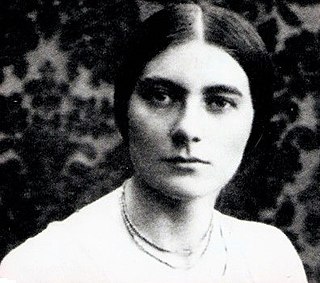
Anna Maria Brizio (1902-1982) was professor of art history at the University of Milan, a member of the Commissione Vinciana and an authority on the work of Leonardo da Vinci.
Giorgio Pasquali was an Italian classical scholar who made a fundamental contribution to the field of textual criticism.
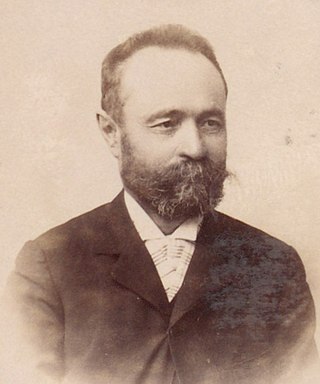
Italo Pizzi was an Italian academic and scholar of Persian language and literature. He was the first to establish the academic field of Persian language and literature in Italy.
NumeriusFabius Vibulanus was a Roman senator and military commander. As consul in 421 BC, he campaigned successfully against the Aequi, for which he was awarded an ovation. During his term in office, Fabius and his colleague, Titus Quinctius, also carried a law which increased the number of quaestors from two to four.
Giuseppe Furlani was an Italian archaeologist, orientalist, philologist, and historian of religions, and the founder of Italian Assyriology and Hittite studies.
Maria Timpanaro Cardini (1890–1978), born Maria Cardini, was an Italian philologist who studied the history of ancient philosophy and history of science.
Enrica Follieri was an Italian philologist and paleographer, specialized in Byzantine literature and hagiography. She spent her whole academic career at La Sapienza University of Rome.

Gino Luzzatto, born on January 9, 1878, in Padua and deceased on March 30, 1964, in Venice, was an Italian economic historian. He initially worked as a teacher in southern Italy before joining an economic institute in Trieste and later relocated to the University of Venice in 1922, where he eventually became a rector. Luzzatto became a member of the Socialist Party in 1906. However, with the rise of Mussolini's fascists, he faced challenges in publishing his work. He was imprisoned for several months in 1925, and despite his protests, he was compelled to retire in 1938 due to the establishment of Italian racial laws. Luzzatto was from a Jewish household. After the end of the war, he became rector again and led the institute until 1953.
Vincenzo Eugenio Balzano was an Italian magistrate, an art historian and a scholar of the history of Abruzzo and Molise.






